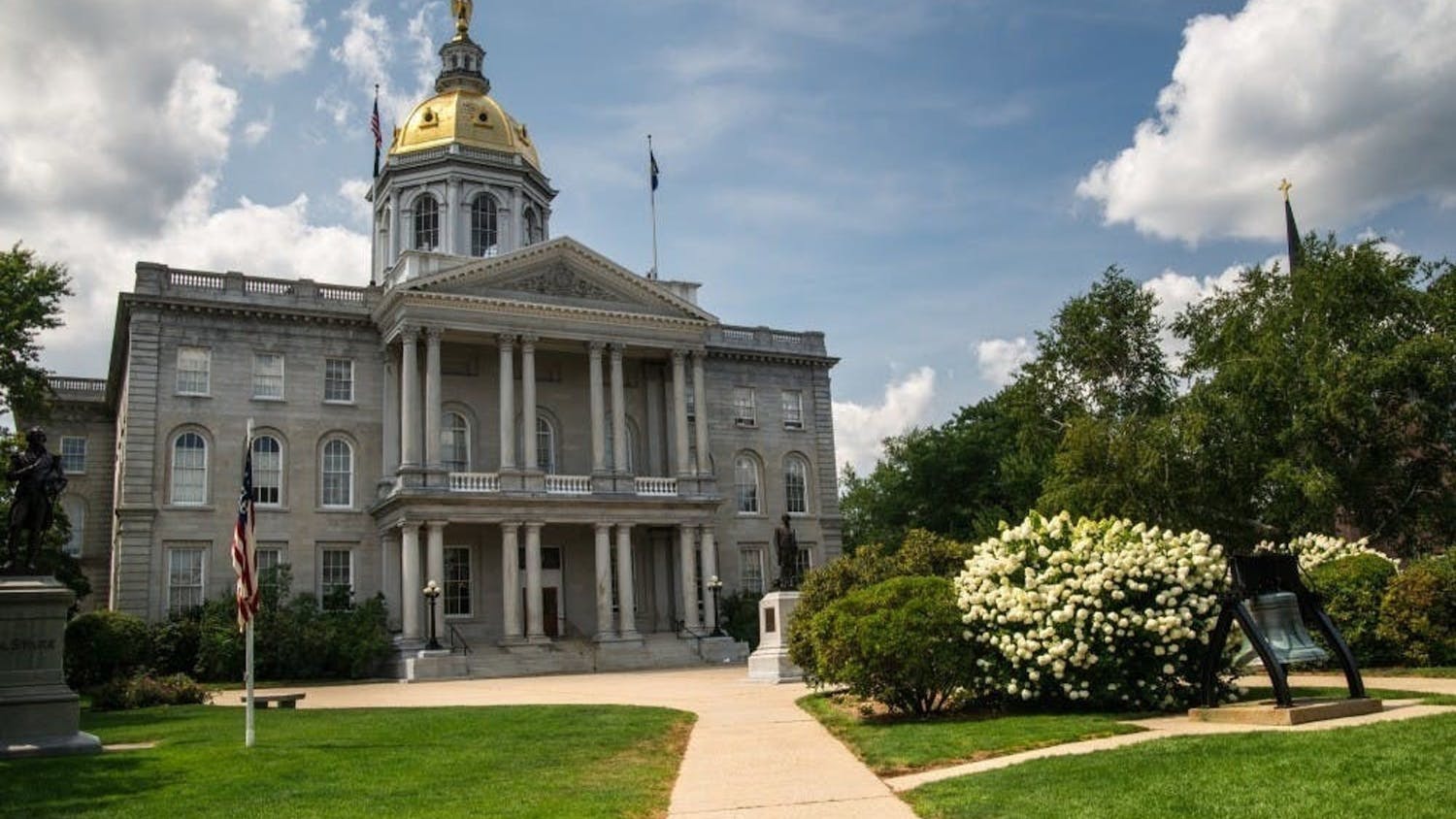Baker-Berry Library will host an opening ceremony today for Dartmouth’s annual Open Access Week, an international celebration promoting unrestricted access to published scholarly research and academic journals online.
The ceremony begins a week of lectures and workshops focusing on various topics related to online research access, according to digital scholarship librarian and event organizer Jennifer Green.
“Open Access Week celebrates and advocates for open access to information and scholarship so that we can share important research and work that’s happening within a variety of disciplines,” Green said.
Open Access Week is celebrated at a variety of institutions around the world and is supported by the Scholarly Publishing and Academic Resources Coalition, an organization that works in educational outreach and promotion.
The first event for Dartmouth’s Open Access Week occurred last Thursday and featured director of the Irving Institute Elizabeth Wilson and University of Minnesota Law school professor Alexandra Klass.
Titled “Opening Access to Energy Use Data for the Public Good: What Is Needed to Realize the Promises of Energy System Change?” this event discussed the ownership of and access to energy data, according to Barbara DeFelice, program director for scholarly communication, copyright and publishing and event organizer.
DeFelice said that at the opening ceremony, event leaders will announce the creation of the new Dartmouth Digital Commons program, a free online publishing platform that will help faculty and students make their work more publicly available. She added that this program will target student-led publications, some of which are free but are primarily in print.
“For students, there’s this incredible opportunity if you’re interested in student-led publishing to be able to use this system,” DeFelice said.
Following the ceremony, DeFelice will co-lead a workshop, which was also offered last year, with Information Technology Services instructional designer Scott Millspaugh called “Opening Access Through Canvas Legally.” Millspaugh said running this workshop will help to address the issue of sharing copyrighted materials on Canvas, which he said many faculty are often uncertain about.
“As an instructional designer, I get asked copyright questions all the time by the faculty with whom I work,” he said.
Millspaugh said the workshop, which is geared toward any faculty who use Canvas for their classes, will focus on the concept of “fair use” in copyright laws. In the context of sharing academic literature on Canvas, Millspaugh said, copyrighted material can still be used if some criteria are met, including using the materials only in a pedagogical context and proving the copyright owner won’t be hurt by usage of the material.
Since Canvas is by default a closed environment, Millspaugh added, that goes a long way toward proving that sharing copyrighted material constitutes fair use, but not by definition. He noted that this event is included in Open Access Week in part to address the economic forces surrounding copyrighting and the sharing of academic literature.
“The ways in which information are disseminated have been controlled by the economic concerns of print media for a very long time,” Millspaugh said.
He added that Open Access Week helps inform people that despite our society’s transition toward digital media, barriers to information still exist because some of the economic structures surrounding it have not changed.
On Wednesday, Green will co-lead a workshop titled “Managing Your Professional Identity Online,” which she said is meant to help people find their personal information online and correct any existing inaccuracies.
“That’s a workshop that we run to address the fact that we all have an identity online, [and] whether we are managing it ourselves or not, it exists,” Green said.
Given the importance of our online identities in the digital age, Green said the workshop will focus on strategies to manage these identities in a time-effective way.
“It’s a really challenging issue for a lot of people who are busy,” Green said. “It’s hard to manage all the various places that we live online.”
In addition to these events, on Tuesday evening, Arizona State University English professor Jacqueline Wernimont will give a lecture titled “Every Step You Take: Quantum Mediations of Gender and Empire.” DeFelice and Green will co-lead a workshop on Thursday called “Sharing Your Work,” which DeFelice said will address issues that scholars face after publishing new materials.
Although some of the events during Open Access Week are intended for faculty, DeFelice said that students should also be concerned about these topics, because once they graduate from Dartmouth, they may not have the same access to information that the College provides them. She added that many former students engaging in research often try to contact the College library after graduating because they face toll and subscription access for research literature, which their employers may not cover.
As a result, DeFelice said the library hosts this event to raise awareness and spread the message of open access.
“Ultimately, the library’s role is to offer consultation, advice and expertise because we see these issues from a broad perspective,” DeFelice said.



